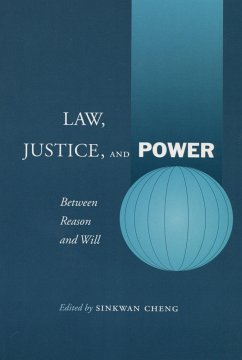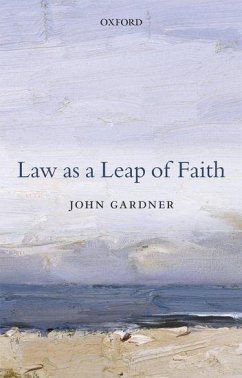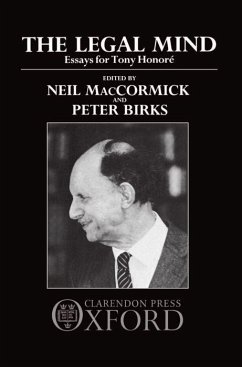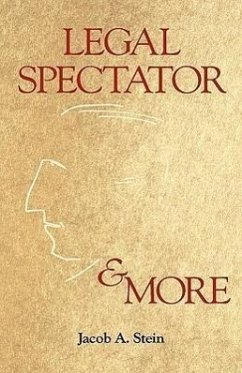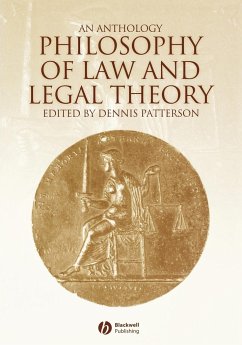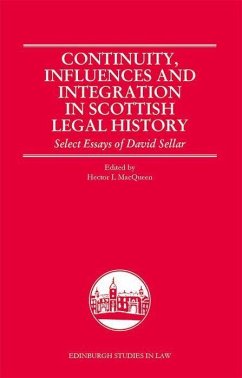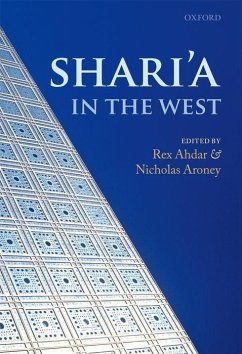Nicht lieferbar
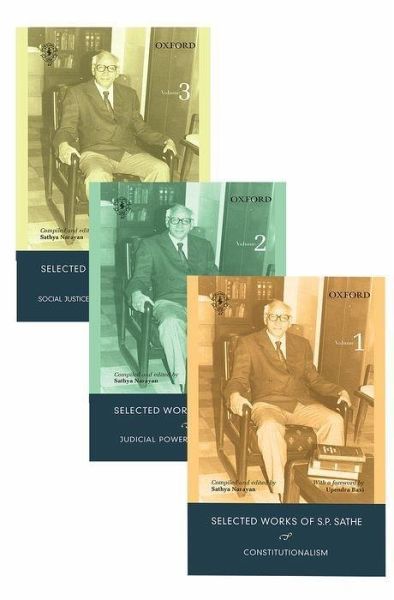
Social Justice, Public Law, and Jurisprudence in India
Selected Writings of S.P. Sathe (1931-2006)
Versandkostenfrei!
Nicht lieferbar
Selected Works of S.P. Sathe offers a hand-picked selection of articles from the vast corpus of Professor Sathe's works, published in Indian and international law journals and books over a period of five decades. This three-volume compendium carries the legacy of this eminent jurist and widely cited Indian legal scholar to present and future generations, and will be a cornerstone of inspiration for lawyers and legal scholars for years to come.





